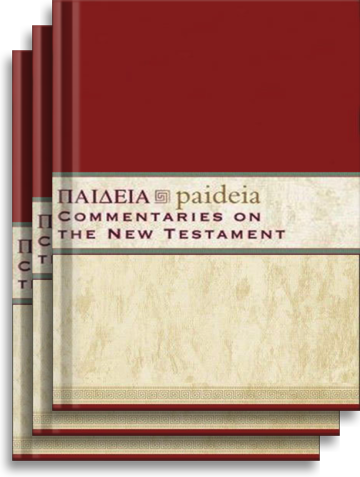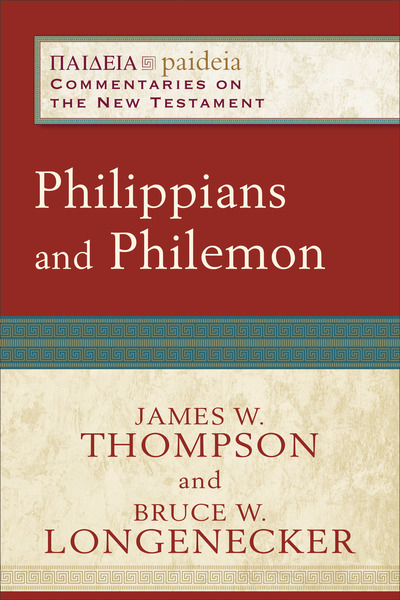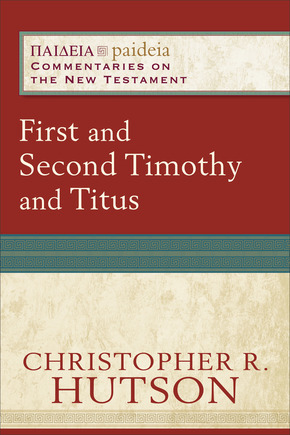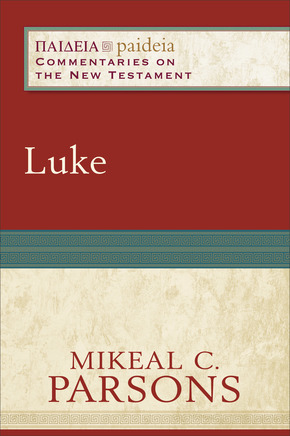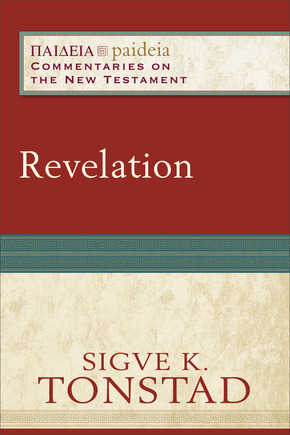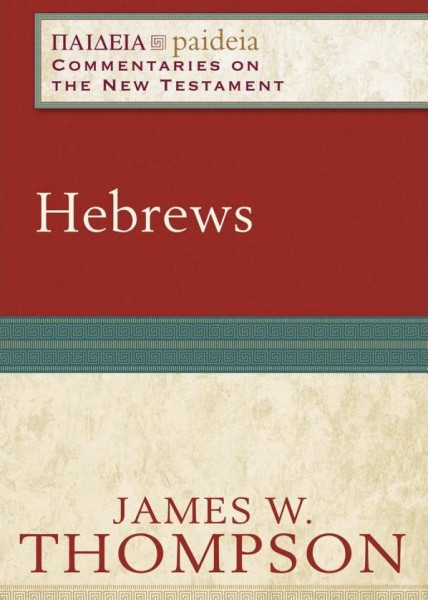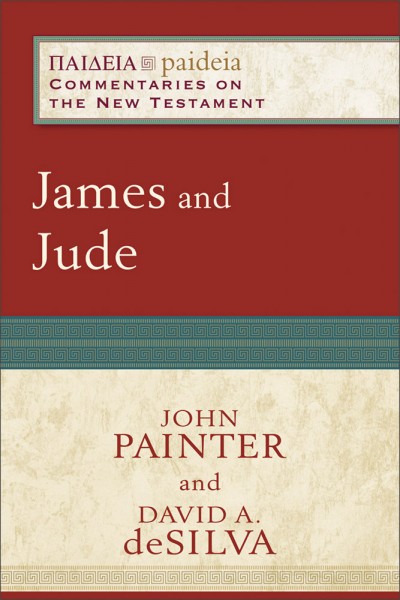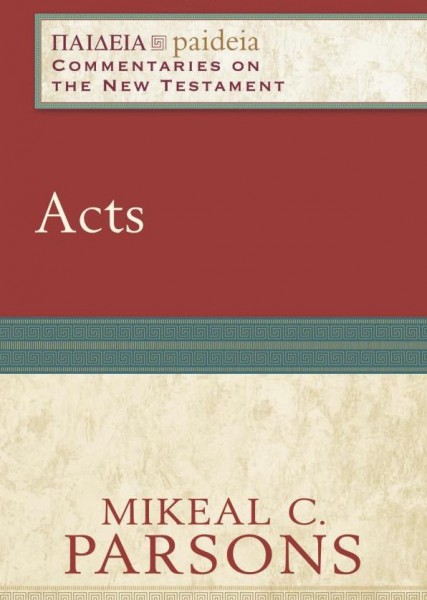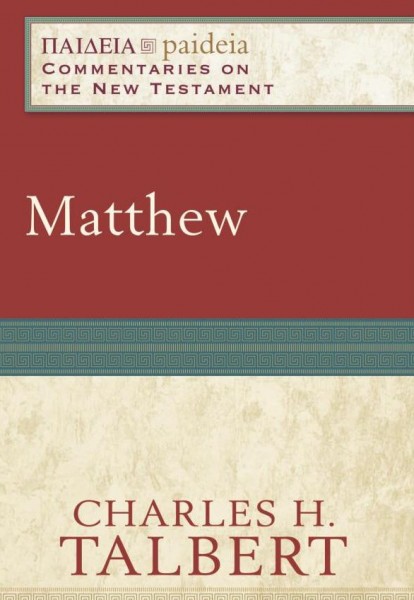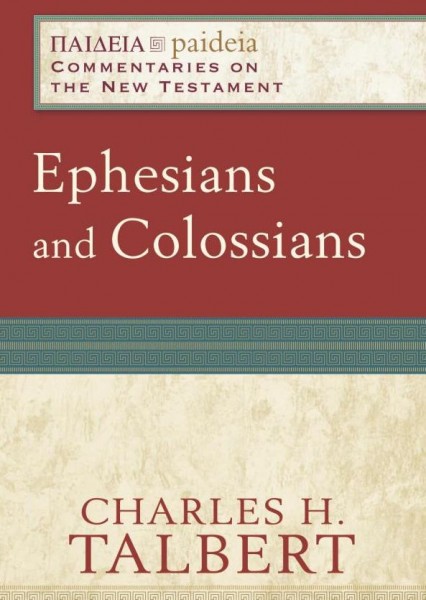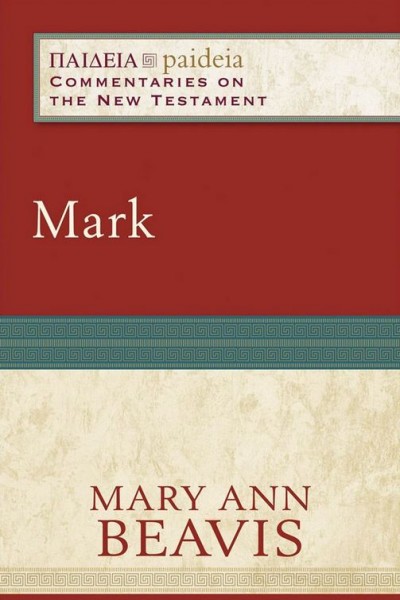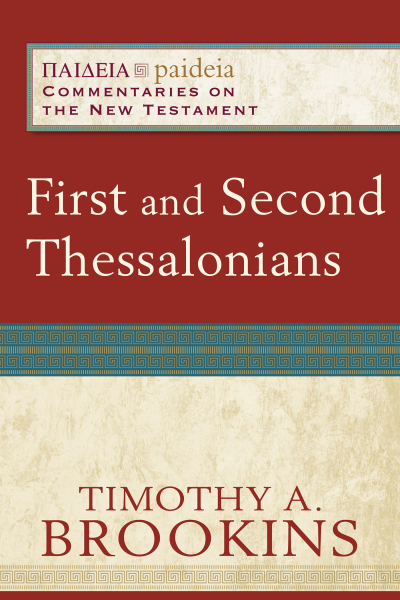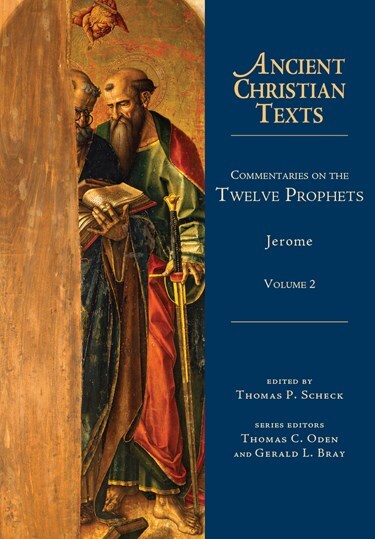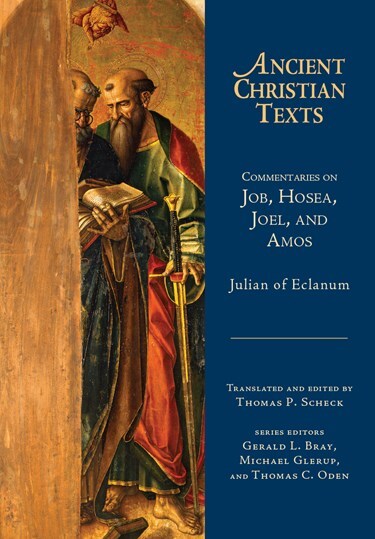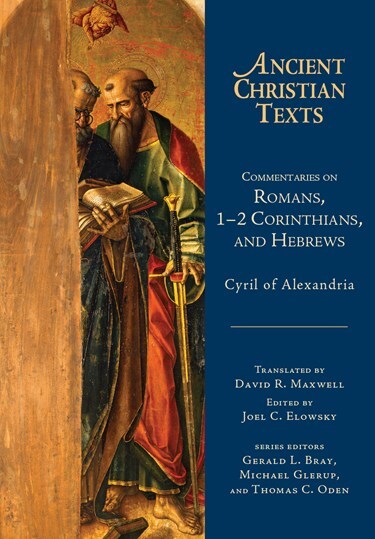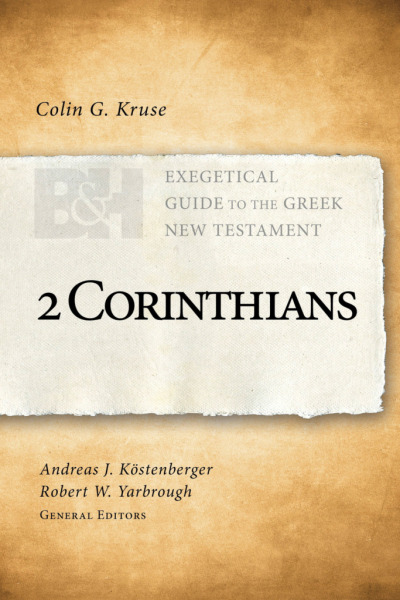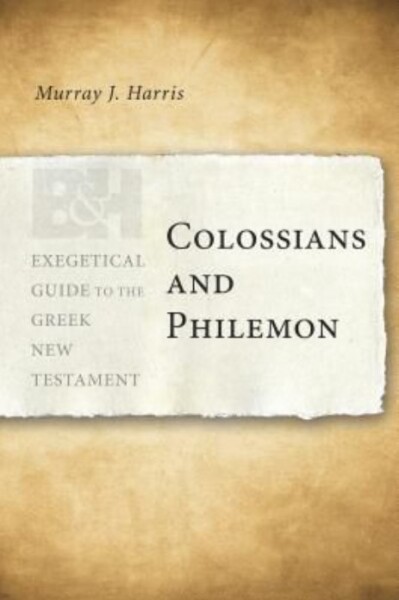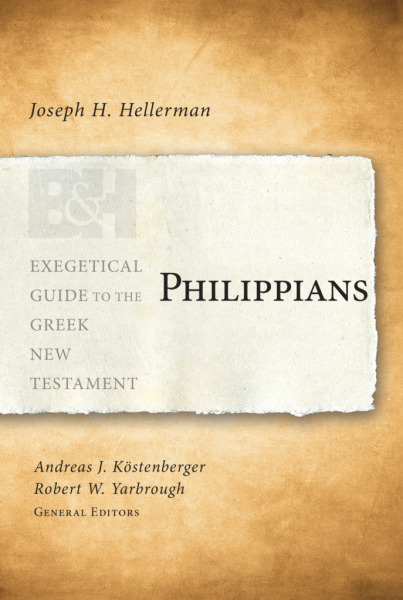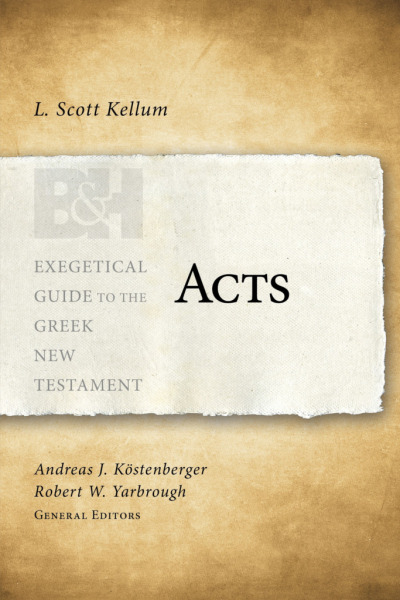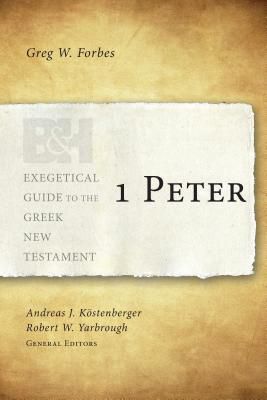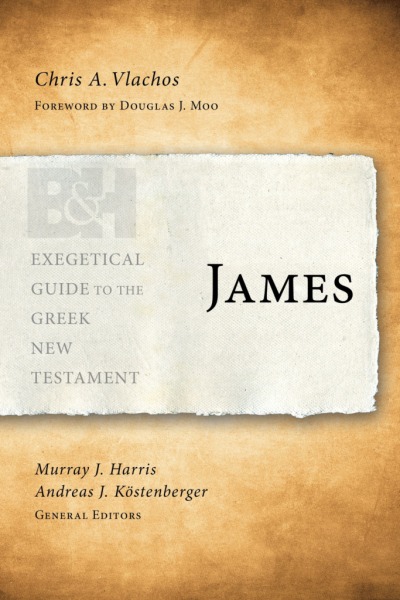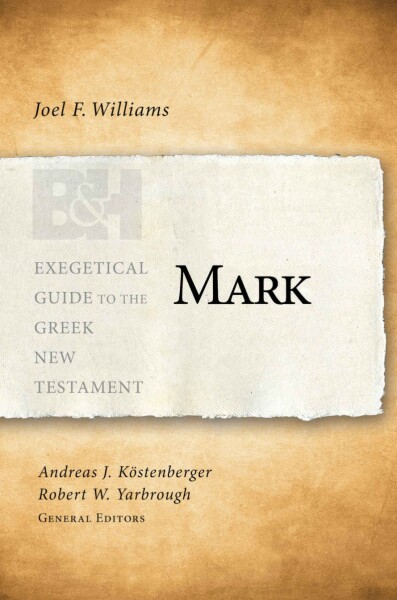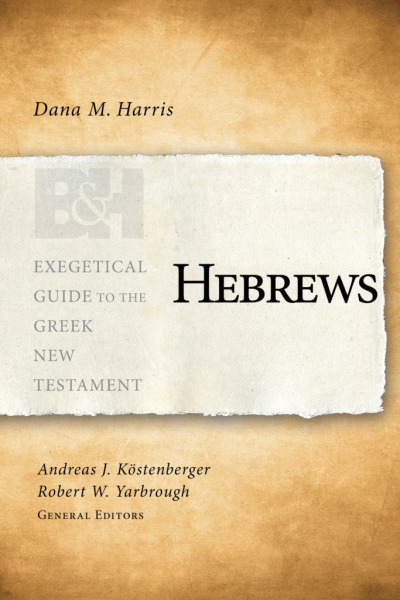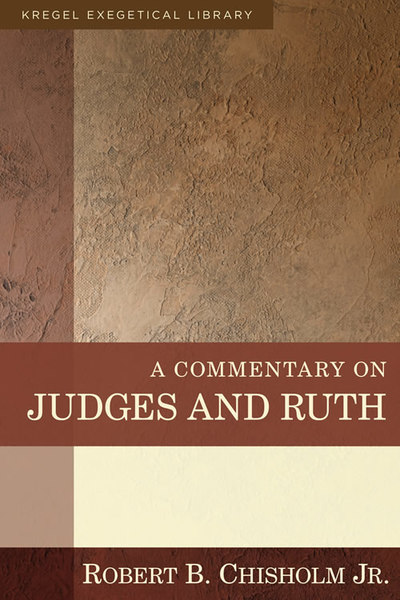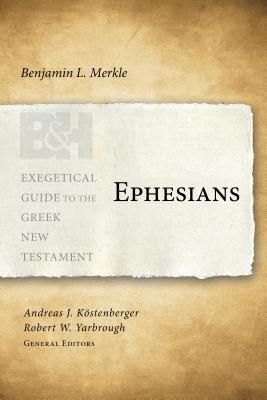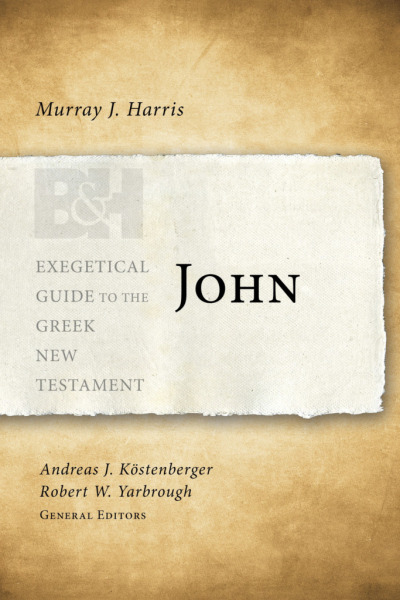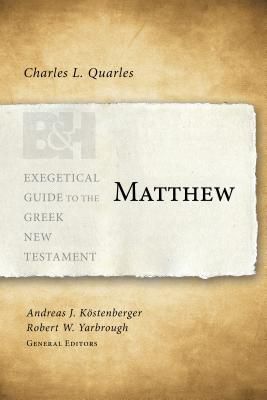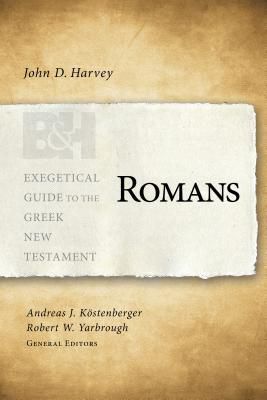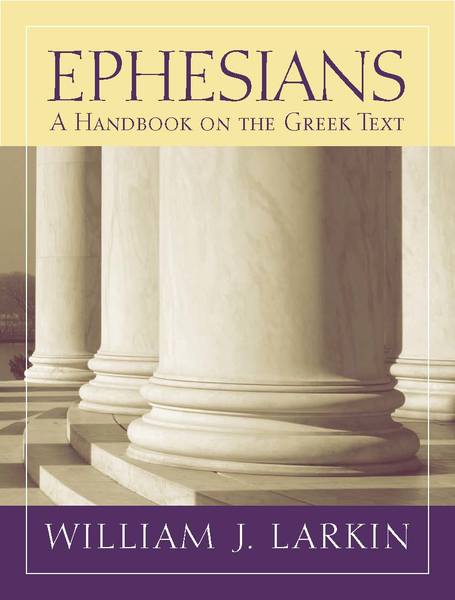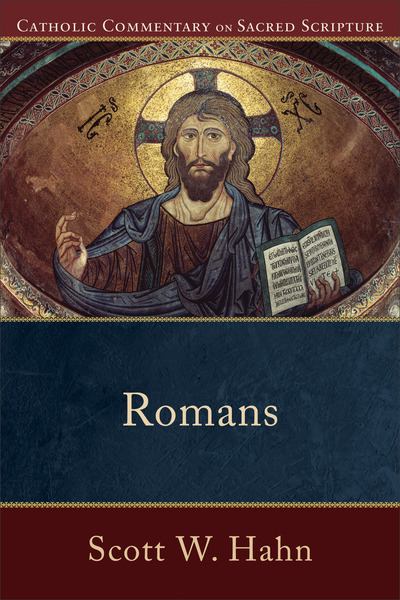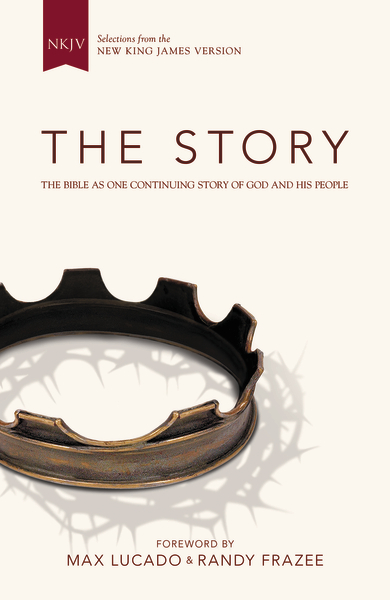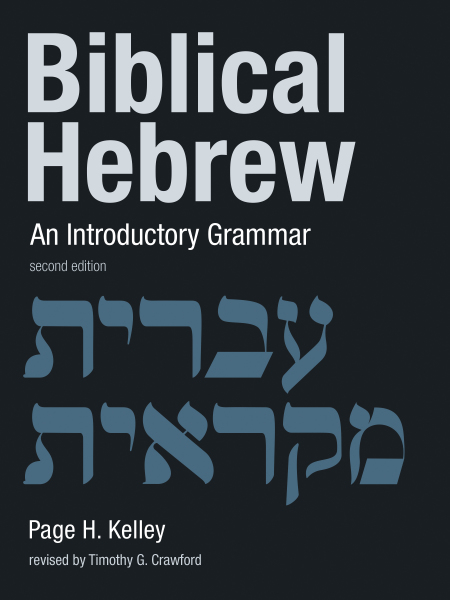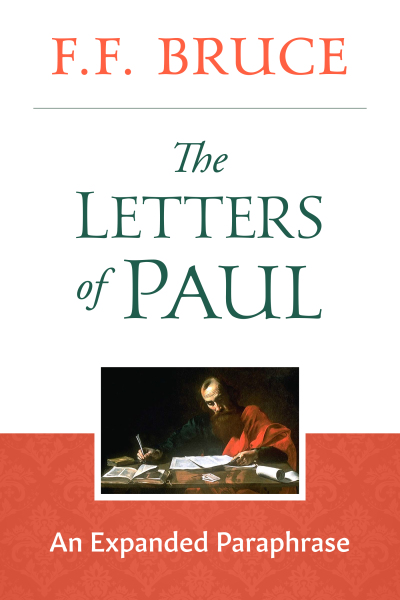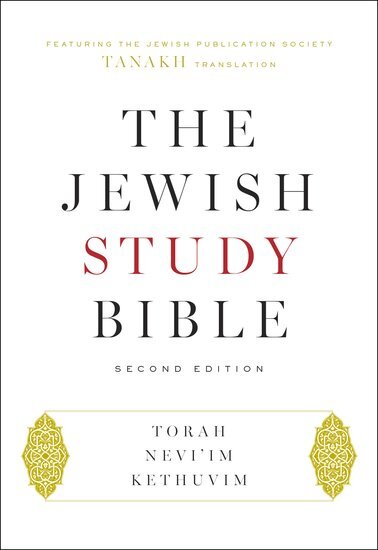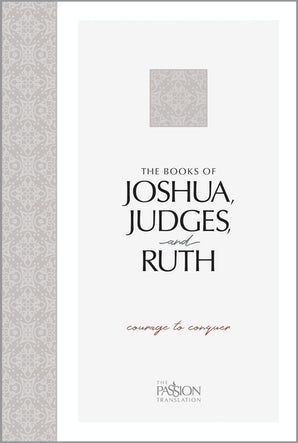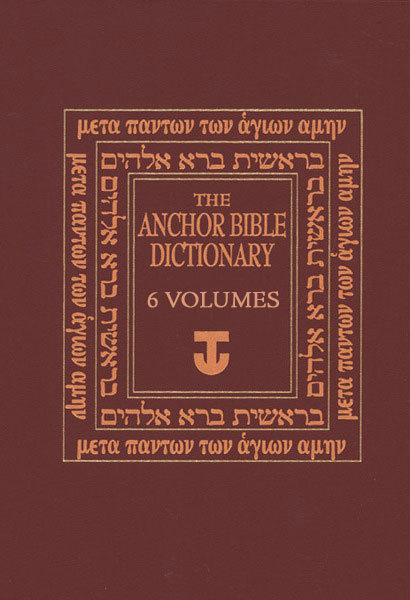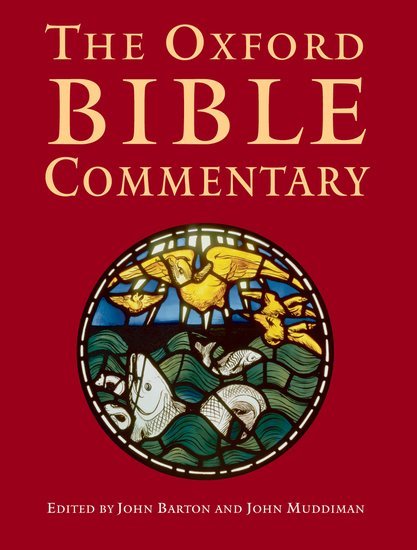


Paideia: Commentaries on the New Testament — 2 Corinthians (PAI)

Paideia: Commentaries on the New Testament — 2 Corinthians (PAI)
In this addition to the well-received Paideia series, a respected senior New Testament scholar examines cultural context and theological meaning in Second Corinthians. Paideia commentaries explore how New Testament texts form Christian readers by:
- Attending to the ancient narrative and rhetorical strategies the text employs
- Showing how the text shapes theological convictions and moral habits
- Commenting on the final, canonical form of each New Testament book
- Focusing on the cultural, literary, and theological settings of the text
- Making judicious use of maps, photos, and sidebars in a reader-friendly format
Students, pastors, and other readers will appreciate the historical, literary, and theological insight offered in this practical commentary.
Editorial Board
Paul J. Achtemeier (emeritus, Union Theological Seminary in Virginia), Loveday Alexander (University of Sheffield), C. Clifton Black (Princeton Theological Seminary), Susan R. Garrett (Louisville Presbyterian Theological Seminary), Francis J. Moloney, SDB (Salesian Province of Australia)
Reviews
"The reading of this commentary is made easier by extra additions to the comments on the paragraphs of 2 Corinthians. Collins provides fifteen different pictures within the work...There are also maps...These add greater interest to the student of 2 Corinthians. Also aiding the reader are many informative sidebars...There are many aspects that make this volume accessible to those with an undergraduate or master's-level education. The commentary does not focus on technical language or things that would interest scholars alone. All Hebrew and Greek words are transliterated...Collins also writes in a clear and understandable manner...[This work] provides in a concise and accessible manner a great amount of exposition on 2 Corinthians. It will benefit pastors and teachers who are looking for the main theological ideas of Paul's writing within 2 Corinthians." — H. H. Drake Williams III, Review of Biblical Literature
"Paideia commentaries aim to instruct contemporary student readers with 'basic grounding in academic New Testament' studies as well as emphasize scripture as literary texts formed by educational ideas (such as rhetoric) along with shaping the moral and theological outlook of the readers. In this regard, Raymond Collins's commentary on 2 Corinthians will not disappoint. It is user-friendly, addresses theological issues at the end of each chapter, and contains many information boxes that comment on the structure of the text, relevant topics, word translations, and rhetorical features Paul may be using." — B. J. Oropeza, Review of Biblical Literature
"One of the remarkable features of this commentary is Collins's gift for portraying quite vividly the historical realities of Paul...For serious non-academic readers, Collins grants access to a close reading of the rhetorical forms at work in 2 Corinthians, to the Greek text, and to a masterful understanding of Paul's theology. The layout of the volume, with highlighted discussions of theological terms and rhetorical strategies, enhances its ability to provide the reader with tools required for engagement with even the most difficult passages of 2 Corinthians. Ministerial students often ask me which books they should consider buying for their permanent libraries as guides for teaching and preaching. This is definitely one such book." — Jane Lancaster Patterson, Interpretation
"[Collins] writes in a clear and engaging style, which is a pleasure to read...The presentation of the commentary is enhanced by numerous text boxes...Collins frequently places Paul's words in context alongside the ideas of ancient authors, both Jewish and non-Jewish, and the text is supplemented with well-chosen photos...The exegesis is insightful and well informed. As a wide-ranging, fair, and reliable introduction to the text of 2 Corinthians, this commentary comes highly recommended." — Philip Richardson, Religious Studies Review
"The numerous sidebars provide helpful supplementary information on textual, literary, cultural, and thematic issues and quotations from the Church Fathers and other ancient authors... Throughout the volume Collins keeps the reader well informed about literary methods Paul uses. It is worth saying a word about Collins's own style. His occasional informality lends a lively tone that keeps the reader engaged...This commentary will serve as a sure guide for those seeking to explore 2 Corinthians. The reader will benefit significantly from Collins's vast scholarship as well as his insight into Paul's world, literary approach, and theology." — John Gillman, Catholic Biblical Quarterly
"The Paideia Commentary series has established itself as a solid series of concise works that focus on the final form of the biblical text, highlighting narrative flow, rhetorical devices and structure, and commenting particularly on relevant historical background and theological significance...I find extremely little with which to disagree throughout Collins' fine work...[A] theologically rich and exegetically persuasive commentary. I did not even notice a typographical mistake anywhere, a true rarity in today's fast-paced world of digital publishing...[This volume] belongs on anyone's list of key up-to-date, reliable commentaries on this enigmatic but richly rewarding New Testament epistle." — Craig L. Blomberg, Denver Journal
Raymond F. Collins (STD, Katholieke Universiteit Leuven) is a Roman Catholic priest of the Diocese of Providence and the author of numerous books and commentaries. His books include New Testament Christology, New Testament Theology: Exploring Unity and Diversity, and God's Saving Grace: A Pauline Theology. Prior to his retirement, Collins was professor of New Testament at Catholic University of America. He lives in Saunderstown, Rhode Island.
